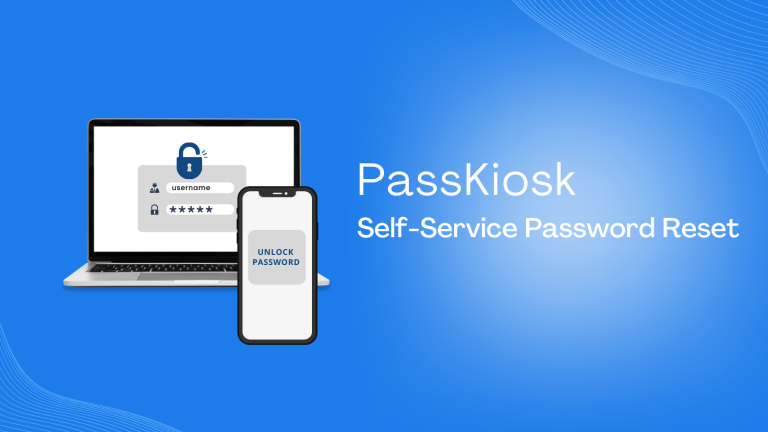The human body is a very complex, systematic and amazing mechanism, isn’t it? Everything is interconnected, each organ has a different task and dozens of commands can be processed simultaneously. Just like a computer! And just as our bodies can be invaded by microbes, the systems we use can be invaded by malicious attackers. To prevent this, we should pay as much attention to our digital immune system as we try to strengthen our immune system in order not to get sick. Because expecting a healthy human performance from a body fighting germs is the same as expecting a malfunctioning system to function properly. Supplementary vitamins, regular sleep, good hygiene and avoiding harmful habits can help us fight disease, but as you can see, these are ineffective methods for cyber-attacks. So, what are the essentials of our digital immune system? Let’s take a look together…
What is the Digital Immune System and How to Strengthen It?
Digital immunity is the tools, techniques and strategies used to protect networks, applications or systems from cyberattacks. Foreign microorganisms, which are recognized and intervened by the immune system in the human body, give way to malware, viruses, threats and hacking attempts in digital environments. So how and how much you are able to fight all these things shows the strength of your digital immune system.
Systems that continue to exist in virtual environments become the target of more different, advanced and unknown attacks as their usage areas expand. Companies that face this reality and take action feel compelled to strengthen their cybersecurity systems in order to increase the speed of response, resist attacks and increase their resilience. A survey conducted by technological research and consultancy firm Gartner reveals that 48% of companies’ digital investments aim to improve customer experience. The digital immune system is also important to prevent customers from being exposed to security problems, software errors or various malfunctions. Again, Gartner predicts that companies investing in developing this immunity will reduce system outages by 80% by 2025 If we look at what we can do to strengthen digital immunity, we can put the importance of traceability of the systems used first. The data provided by user experiences is helpful in identifying and working on problems. The second important thing is to keep up with technological advances and not get stuck in old ways of taking precautions against cyber-attacks. While the use of artificial intelligence is increasing day by day, it doesn’t seem like a strong strategic move for your company to still ask users “What was the name of your first pet?” as a security measure, does it? Then it’s time to take full advantage of technology to test the state of our firewalls and examine their automatic analysis! For this, experimental tests allow you to observe what vulnerabilities your system has before it is deployed. Thanks to the tests, you will have the opportunity to know from which areas you can be attacked and improve your security, and your response teams will be specialized in threats.
Security awareness training is another way to strengthen your digital immune system. Keeping stakeholders informed about threats, attacks and failures that are being prevented in the background allows you to act together to improve your security. Having the ability to report any vulnerability to the user or employee and taking action on this issue can prevent problems you cannot predict. At the same time, stakeholders who are aware of the risks will be vigilant to avoid data sharing that could compromise your systems.
Finally, we would like to remind you to make sure that your authentication and access controls are in trusted hands. When it comes to cyber security, those “warriors” that we describe by comparing them to the human body are a kind of authentication and access control mechanisms. Because it will not allow strangers into your system and will have already warned the authorities in cases it deems suspicious. Just like a strong immune system does not accept germs and keeps them out. At this point, passwordless authentication, risk-based authentication, single sign-on, multi-factor authentication and password managers will form the basis of your process for a strong digital immune system. While AuthTake provides you with all these services, it also acts according to your needs and allows you to choose among alternatives. Remember that if your digital immune system is strong, your company or institution, that is, you, are also strong. You can contact us to take the best and safest step for you.













